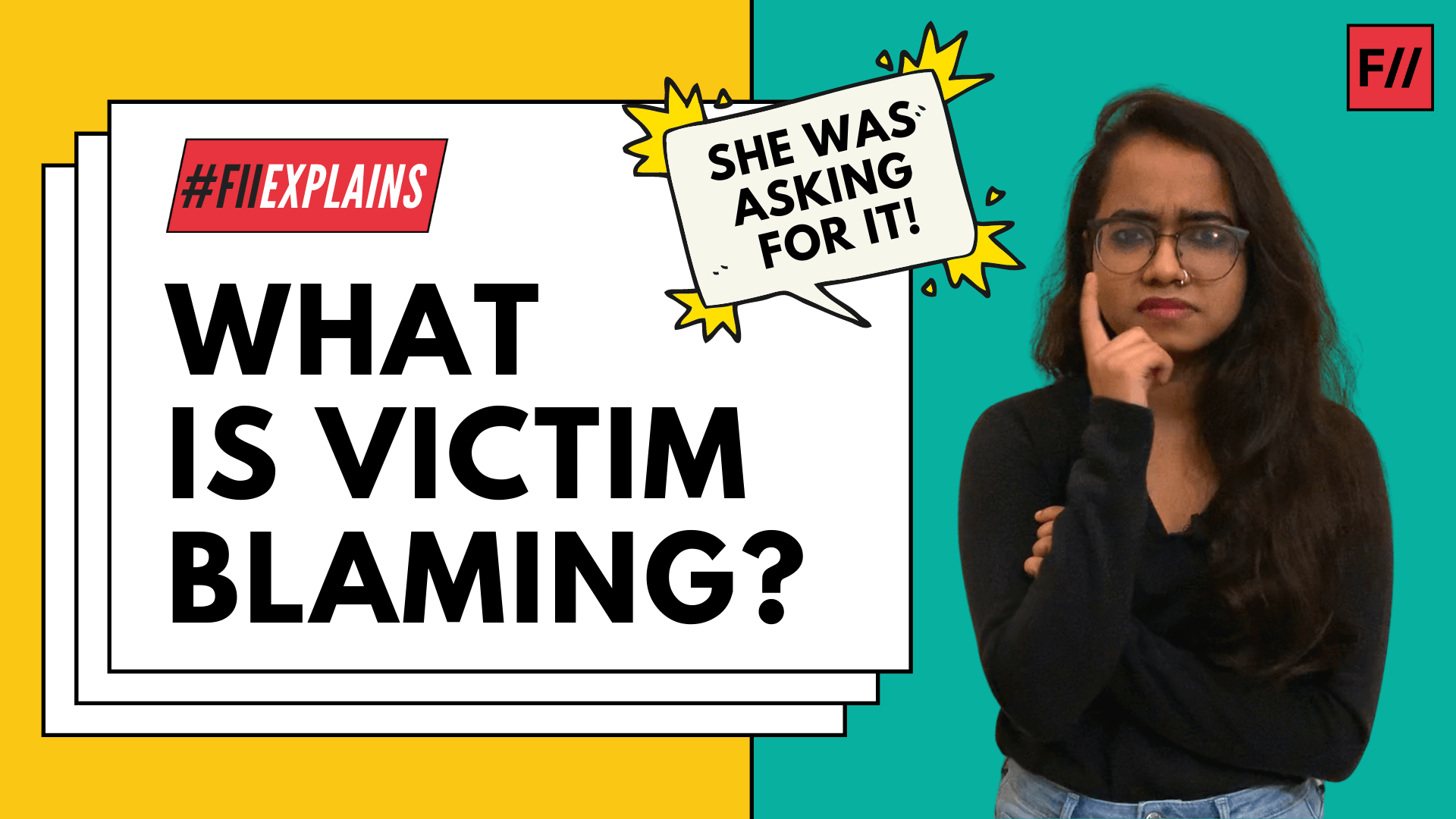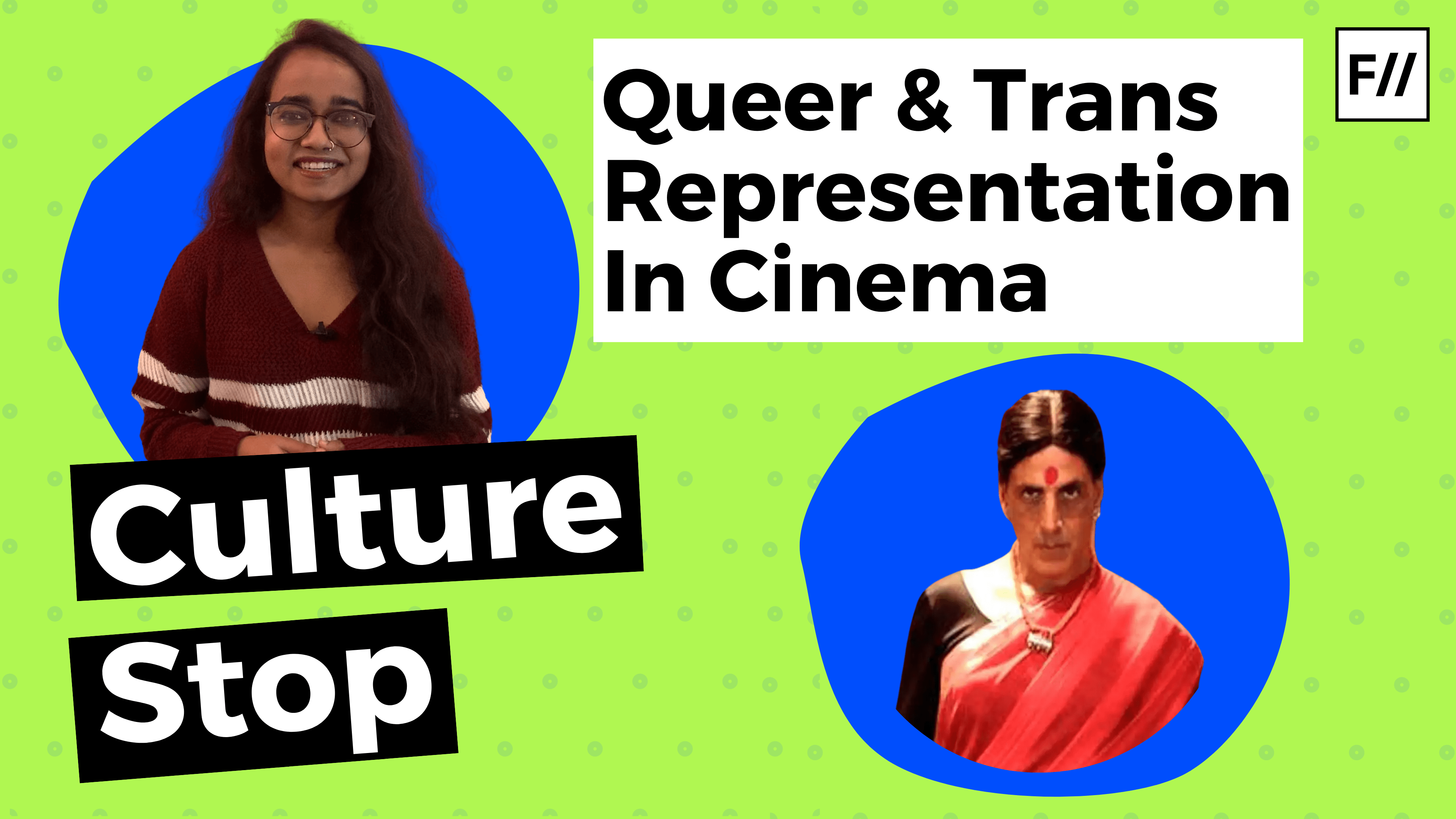The recent comments by NCW member on how the Badaun gang-rape victim should have never stepped out of her house at night has sparked the age old conversation of holding the victim partially responsible for what happened to them. Victim blaming has become a standard response to gender-based violence now, restricted not just to our homes and leaders but many a times, perpetuated by our media as well. So where does this leave survivors of gender-based violence and what can be done to address this?
In this FII Explains video, we take a look at what victim blaming is and the impact it can have on survivors of gender-based violence.
To address media’s role in victim blaming and reporting gender-based violence at large, we at FII launched the ‘GBV In Media’ toolkit on how the media can sensitively report cases of GBV – which has resources on the language one can use, approaches one can take – and even a bank of images that companies can use which don’t show survivors as hapless, struggling individuals. The idea at the end of the day, is to take away from sensationalism and clickbait. To report such cases with sensitivity and truth, because the responsibility for shaping perceptions – lies so heavily on our shoulders.
You can find our toolkit here.
Also read: Victim Blaming: A Trope As Old As The Hills
About the author(s)
Nishtha is a former student of philosophy and enjoys discussions on ethics. She's currently a video journalist and wants to make films some day. When not working Nishtha can be found hoarding stationery, listening to ghazals and playing with her dog.




